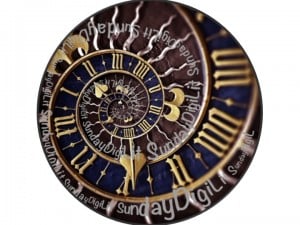DigiLit Sunday is a Sunday post on literacy, an invitation by Margaret Simon, to share literacy strategies and tools for the classroom. This week’s list of bloggers: Sunday, October 12, 2014.
DigiLit Sunday this week is a review of what is essential. That’s been my focus this weekend as I develop tasks for students that are authentic for readers, writers, and researchers. What does that mean?
 Fortunately, I read in my Kindle App the book Essential Questions.
Fortunately, I read in my Kindle App the book Essential Questions.
It’s great review for those of us who focus on projects because, no matter what, it’s student learning that is important. Grant Wiggins also wrote a great post on inquiry, PBL, and UbD — provides this gem:
“And that gradual release idea is the essence of backward design in UbD – and a great place to reflect this weekend. How am I designing the year to make it most likely that students become increasingly autonomous as questioners and arguers (in the Common Core sense) – while still learning and understanding content of value? Viewed this way, there is no dichotomy at all between UbD and inquiry-based pedagogy.”
“How am I designing the year to make it most likely that students become increasingly autonomous as questioners and arguers (in the Common Core sense) – while still learning and understanding content of value?”
If my students are to become independent, they need to have choice in doing the work of readers, writers, and researchers. They now need to develop from our work in previous years their own projects that present their work. They work to be collaborative and authentic.
Essential Questions as overarching and transferable elements of language arts are key. So I looked at the verbs and nouns in the Common Core State Standards for Language Arts and developed a set of questions to start the year — and will add to them as our projects dictate. Because I teach Language Arts, students have some options in content, and so I am releasing some questioning responsibility to students as we follow the Right Question strategy.
I realize that essential questions can be the guiding work of our coarse and also the specific questions of content. So we consider Essential Questions, and a guiding rubric scale that includes more specific questions and criteria for the language arts content. But what does that mean? If I’m teaching and releasing responsibility, I need even more. The Two Writing Teachers reminded me of writing checklists, so with our new standards, we need new checklists, which I created for each of the essential components that guide our work: collaboration, investigation, content, design, and language. These are our beginning.
And how do we bring this all together for students? A ThingLink:
As we change our task — to choice or teacher driven, we have a basic set of essentials to guide our learning. It’s not perfect yet, but we are moving in the right direction, together.
So, in our work together, students and I are guided by essential questions, focused questions, scales, and checklists. Our work is open in ThingLink [Kidblog for students] and Google Apps.
How do you keep your projects open for students, including the essentials of learning?



My students generate essential questions around theme topics every month or so. Thanks for all these resources – they will help us do a better job!
Thanks Holly. I’ve been reading about what helps kids retrieve information, and questioning/quizing oneself is one of the ways. That’s why I’m focusing on questions this year.